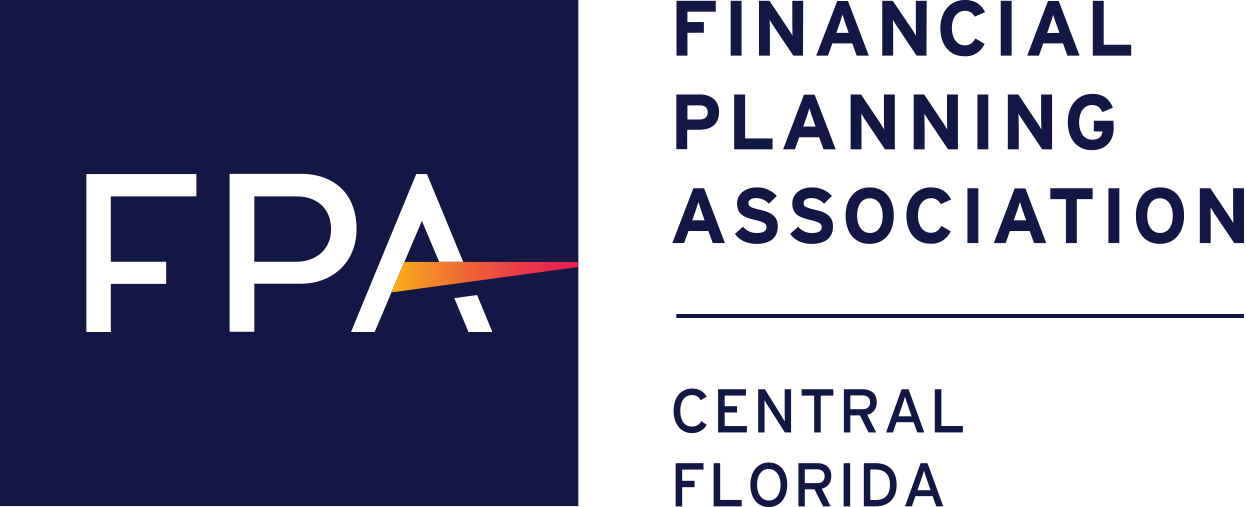
7 Tips to Protect and Preserve Your Financial Well-Being When the World’s on the Brink of Recession

Suddenly a big “What if?” has become a big “What now?” Not only has the longest economic expansions in recent American history come to an abrupt end as a result of the COVID-19 (coronavirus) pandemic, economies around the world have slowed significantly as people stay home and businesses close to weather a global health crisis the likes of which hasn’t been seen in at least a century.
The unprecedented scope, suddenness and seriousness of the coronavirus crisis leaves us to navigate uncharted territory in virtually every aspect of our lives. For obvious reasons, some of the most pressing questions people have relate to their financial lives. What does all this mean for me financially? is a common one; What should — and shouldn’t — I be doing now to protect and position my assets going forward? is another.
The first step is to resist the urge to let emotions dictate how you manage your money and assets in the face of an economic downturn. “The bottom line, for any risks in life you need to address, you should have a plan – don’t react. Once a…recession is upon us, many will react on fear which typically ends in a less than optimal solution,” FPA member and CERTIFIED FINANCIAL PLANNER™ professional Scott A. Bishop writes in a blog post on his firm’s web site.
One silver lining to the disruption created by quarantine, sheltering in place and social distancing is that it creates plenty of downtime to think through the steps you need to take to put yourself, your household finances and your assets in the best possible position in light of the economic realities we’re already facing and are likely to face in the near future, then to actually take action. Here are some suggested action steps from CERTIFIED FINANCIAL PLANNER™ professional members of the Financial Planning Association® (FPA®):
1. Maintain perspective. As painful as they can be, stock market downturns and recessions are temporary. By definition, a recession is at least two consecutive quarters of economic decline. We’re not there yet. But if the economy does in fact drop into recession, it’s vital to keep in mind that if history provides any precedent, it shouldn’t last as long as expansions tend to. Since 1900, the average recession has lasted 15 months and the average expansion has lasted 48 months, according to an article from acorns.com.
2. Don’t vacate your investment positions if at all possible. Selling investments when their value is down should be viewed as an absolute last resort. History suggests that the value of your investments will rebound sooner rather than later. So unless there’s no other option to create cash flow to make ends meet, exercise patience. That holds true for stock portfolios, retirement accounts — pretty much any investment vehicle linked to the performance of the stock market.
3. Be budget-conscious. If you don’t have one already, draw up a household spending plan or budget. You’ll immediately gain clarity about areas where you can reduce spending.
4. Prioritize reducing debt. When household budgets tighten, paying large amounts of interest on credit card balances, for example, can add additional financial strain. So make a concerted effort to pay down debt. Because the pandemic is forcing many people to stay home and not spend as much money for discretionary reasons, expenditures may decrease. How about using those savings to pay down credit card balances or to pay a little extra on your mortgage or student loans, for example?
Cover larger unexpected expenses from your emergency cash reserve if possible, rather than assuming additional credit card debt. An emergency fund serves as a protective buffer against the fallout of an economic downturn. If you have the financial wherewithal, continue contributing to that cash reserve. And if you don’t currently have one, now is a good time to set up a stand-alone savings account for those funds to reside.
5. If you got laid off from your job, know what you are owed in terms of:
- final paycheck
- vacation time
- severance pay
- commissions
If you’re not clear about any one of these, check out the organization’s employee handbook (if it has one) or speak directly with someone who handles HR issues at the organization. Also find out when and how you will get important tax documents: W-2’s, 1099s, K-1’s, etc. Be sure you have any documents related to the company’s retirement and investment plans in which you may have been involved, including stock options, 401(k), profit sharing, pension, etc.
It’s also critical to know your rights related to benefits, including health Insurance, COBRA and/or Medicare, as well as unemployment insurance and other potentially portable benefits such as life and disability insurance.
6. Take advantage of opportunities to dollar-cost average. One step investors can take to blunt the impact of drops in the value of their retirement accounts, college savings plans and investment portfolios is to continue to invest a fixed amount in those accounts. This maneuver, known as dollar-cost-averaging, essentially enables them to take advantage of a buying opportunity when prices are lower.
7. Revisit your financial plan with your financial adviser, and if you don’t have a plan already, enlist a financial planner to create one for you. A financial plan should include contingency strategies for when what-ifs like a weakening stock market and economy become reality. Besides providing a script for how a person’s assets will be handled during an economic downturn, a financial plan serves an important role as a compass during challenging economic times.
Even amid all the virus-related restrictions in place, many financial professionals are on call and available for virtual or phone conversations to help existing as well as new clients. To find a CERTIFIED FINANCIAL PLANNER™ professional in your area, check out FPA’s searchable national database at www.PlannerSearch.org.
